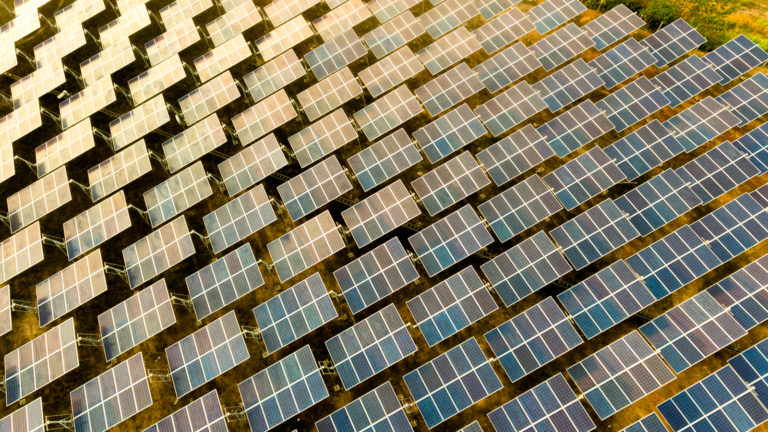Solar stocks are in focus today after a fresh round of panel import disruptions. U.S. customs recently detained several shipments from solar panel makers in China allegedly produced under forced labor. This is the latest consequence of the recent anti-forced-labor initiatives affecting a number of U.S. solar companies.
The U.S. solar industry is facing supply constraints stemming from President Joe Biden’s administration’s import ban on China’s Xinjiang region. Indeed, since the Uyghur Forced Labor Prevention Act (UFLPA) went into effect in late June, companies have to confirm their imports weren’t manufactured via forced labor. Previously, the onus was on U.S. customs to offer evidence of forced labor to apprehend suspicious shipments. The level of verification the law mandates has proven a stiff roadblock for many solar panel companies.
The UFLPA is the most recent effort against human rights violations in Xinjiang. According to activists, the government there has forced hundreds of thousands of minority ethnicities into internment camps. This includes a large population of Uyghurs.
As part of the legislation, all imports from the western region of Xinjiang are assumed to be made with forced labor. Xinjiang produces almost half of the global supply of polysilicon, a necessary input in the production of solar panels.
What Does UFLPA Mean for Solar Stocks?
Until a suitable alternative arises, the solar industry in the U.S. could be in for a rocky transition period. Representatives of solar companies have warned for some time
to expect delays due to the new law. U.S. imports of solar-related equipment fell more than 16% through the first half of the year, likely a consequence of rising material costs as well as a fear of additional tariffs.
It’s a difficult balancing act. The Biden administration is attempting to juggle Chinese labor accountability with bold renewable energy aspirations. According to some analysts, it may be as long as six months before import conflicts related to solar panels ease.
Some panel manufacturers, like Longi Green Energy Technology, have even temporarily halted some of its panel factories due to the new legislation.
The UFLPA requires proof that the quartzite, an ingredient in polysilicon, wasn’t mined in Xinjiang. This puts the burden on quartzite miners, who weren’t previously required to offer such insight into their process.
The legislation could prove a rallying point to enhance U.S. production of solar panels, as some officials have already called for.
On the date of publication, Shrey Dua did not hold (either directly or indirectly) any positions in the securities mentioned in this article. The opinions expressed in this article are those of the writer, subject to the InvestorPlace.com Publishing Guidelines.

